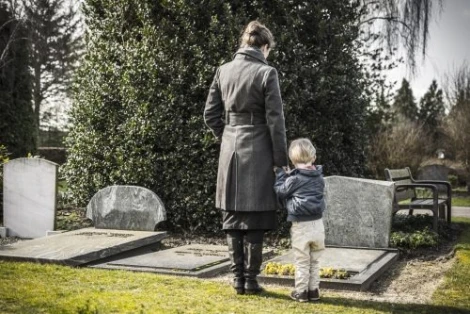
You are likely familiar with Georgia’s homicide laws. Understandably, it’s against the law to take another person’s life. If someone intentionally kills another human being, they will likely face manslaughter or murder charges depending on the facts of the case.
But what about accidental deaths? What about the people who are killed by drunk drivers, the small children who are fatally attacked by people’s vicious dogs, the people who fall to their deaths from amusement park rides, and the children who drown in hotel pools? What legal recourse do their surviving family members have against the at-fault parties?
Such deaths are commonly referred to as “wrongful deaths” and in many cases, whether they occur on private, commercial, or public property, they give rise to a wrongful death lawsuit under Georgia law.
What is a Wrongful Death?
In the legal sense, a wrongful death occurred due to recklessness, carelessness, negligence, or even criminal behavior. Here are some examples of wrongful deaths:
- A woman is texting and she runs through a red light, taking the life of a child who was crossing legally in a crosswalk.
- A drunk driver kills a father of three in a drunk driving crash.
- While shopping at a superstore, falling merchandise strikes a customer on the head, causing her to die of traumatic brain injuries.
- A child drowns in a neighbor’s backyard pool.
- A woman dies on the operating table due to medical malpractice.
- An infant dies while in the care of a daycare facility.
Often, wrongful deaths are connected to auto accidents; however, accidental deaths can occur in the private or commercial setting because of negligent, intentional or wrongful behavior. When someone else was responsible for the victim’s death, the decedent’s surviving family members or a personal representative of the estate can file a wrongful death lawsuit against the at-fault party.
Wrongful death lawsuits are very similar to personal injury claims. Like a personal injury claim, negligence must be proven to prevail. What sets the two claims apart is that with a wrongful death claim, the victim is deceased and in effect, cannot bring a claim against the negligent party, but their surviving family members can.
Who Can File a Wrongful Death Claim?
Georgia law is very specific about who can file a wrongful death claim, and this begins with the decedent’s spouse. If the decedent and their spouse had minor children together, the spouse must also represent their children’s best interests in the lawsuit. If there are children, the spouse cannot receive less than one-third of the recovery, regardless of the number of children the couple shared.
If the decedent was unmarried, a wrongful death action can be filed by the decedent’s surviving parent or parents or by the personal representative of the decedent’s estate. However, if the claim is brought by the personal representative and damages are recovered, they are only to benefit the decedent’s next of kin.
In Georgia, a wrongful death claim must be filed within two years of the decedent’s death, with limited exceptions. To learn more about filing a wrongful death claim on your loved one’s behalf, contact our firm to meet with a Smyrna personal injury attorney.









